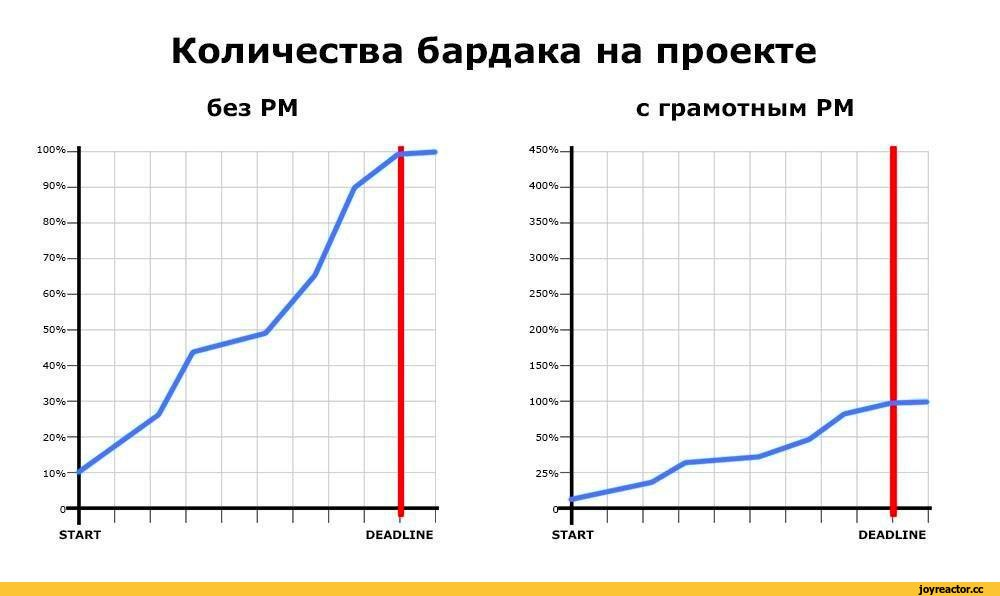These numbers hooked me, and I thought for a long time about what was wrong with them. Having enlisted the help of Ilya Pestov and his channel Groks , I finally formulated why the initial post was more of a public relations violence against common sense than real numbers. And in this text I will try to describe it, because Mark Twain also said: "There are three types of lies: lies, blatant lies and statistics."

So, the prerequisites: in August 2019, Microsoft conducted an experiment to reduce the work week in the Microsoft Japan office. On Fridays, the office was completely closed, and some of the employees still had the opportunity to work both 4 and 3 days a week . An interesting phrase in the Japanese press release is “Full-time workers took special paid leave and closed all the offices.” I admit that I translated it incorrectly, but maybe someone was simply kicked out on vacation, probably very hardworking and especially impressionable. The result turned out to be directly phenomenal - the efficiency increased by 39.9%. But how did it happen, and was it worth it to kick everyone out?
Firstly, a comparison is made with last August:
That is, 11 months worked on the old, and one on the new. And this month gave 40% efficiency. Oh well.

A bit like the old schedule about the presence of a competent project manager in the project:

Second: under productivity Microsoft considers the number of product sales to the number of employees. Those. sold more - increased productivity, sold less - fell. You can increase productivity even more fun - take someone from the state to outsource and report on productivity growth.
Third: since we are talking about sales, let’s see if Microsoft started selling something big in Japan? The answer lies in the latest Microsoft Income Statement report.
Office Consumer revenue increased $ 286 million or 7%, driven by Office 365 Consumer, due to recurring subscription revenue and transactional strength in Japan.
Office revenue increased by $ 286 million, or 7%, through ongoing subscriptions to Office 365 and transaction growth in Japan.
What happened to Office 365 in Japan? And there was a strange mess with licenses and the lack of cheap home plans for several licenses. In 2018, there were no plans, and then they appeared. And then, as they say, I hit the map.
Well, that is, you have a key product. It is finally available without strange troubles with the price and this offer is clearly more profitable than the previous ones. They buy it like hot cakes, because at last! Who needs to say thanks for this? Of course, a shortened working week in August.
Fourth. The guys from Microsoft say at the end of the press release: it was cool, somehow we repeat. Stop stop stop. Those. I’m the boss, I have a 40% increase in sales due to a month of experiment. And here I am - well, okay. And now let's put everything back and someday we will repeat it again. And 40%, the attentive investor will ask? Yes figs with them with 40% growth, the work is more important. There, just the people from vacation came back, not to drive out the same.
Well, the further figures are also encouraging:
- Electricity consumption in the office decreased by 23.1%
Ok, working time was reduced by 25%, electricity fell by 23%. Is logical.
- 58.7% fewer paper pages printed
Uh? I understood it was 25%. I would understand 30%. But almost 60%? What was so interesting about paper on Friday in an office in Japan? Printed out all the affairs for the week, and then stopped?
In fairness, Microsoft itself in Japan does not explicitly speak of a 39.9% increase in efficiency. Look through the Google translator for a report on this promotion. It seems that the conclusion about 39.9% has already been made by journalists on the basis of one graph, photographed from some kind of presentation. And then, according to tradition, "the scientist raped the journalist."
Moreover, it is obvious that other organizational measures led to an increase in sales and a change in the amount of soiled paper. And they were clearly asking in the country of Japanese workaholics. For example, meetings in the office were forbidden for 30 minutes, a lot of work was done to reorganize communication and so on and so forth. This was done, of course, not a month. And it did not bear fruit immediately. But, as usual in the information world, the whole effect is much easier to dump on a 4-day work week. Indeed, they read the material more, and the headline can be made brighter.